The following calls have been announced on the Participant Portal, within the Excellent Science pillar of Horizon 2020:
ERC Advanced Grant – this call is open and closes on 2/6/15 at 17:00 (Brussels local time)
Advanced Grants are designed to support excellent Principal Investigators at the career stage at which they are already established research leaders with a recognised track record of research achievements. Applicant Principal Investigators must demonstrate the ground-breaking nature, ambition and feasibility of their scientific proposal.
MSCA Individual Fellowship – this call is open with a deadline of 10/9/15 at 17:00 (Brussels local time)
The goal of Individual Fellowships is to enhance the creative and innovative potential of experienced researchers. Please see information about BU’s workshop and external training provided by UKRO
Future and Emerging Technologies (FET)
FET-Open – novel ideas for radically new technologies (Research & Innovation Action) – this call is open with a closing date of 29/9/15 at 17:00 (Brussels local time)
Supporting a large set of early stage, high risk visionary science and technology collaborative research projects is necessary for the successful exploration of new foundations for radically new future technologies. Nurturing fragile ideas requires an agile, risk-friendly and highly interdisciplinary research approach, expanding well beyond the strictly technological disciplines. Recognising and stimulating the driving role of new high-potential actors in research and innovation, such as women, young researchers and high-tech SMEs, is also important for nurturing the scientific and industrial leaders of the future.
FET-Open – novel ideas for radically new technologies (FET Take-Up Coordination and Support Activities) – this call is open with a closing date of 29/9/15 at 17:00 (Brussels local time)
The challenge is to make Europe the best place in the world for collaborative research on future and emerging technologies that will renew the basis for future European competitiveness and growth, and that will make a difference for society in the decades to come, by actions for stimulating take-up of FET research results towards impact and innovation, in ways that are complementary to and beyond the capacity of single research projects. Examples include outreach to investors and entrepreneurs, use of unconventional channels (like NGOs or artists), or targeting of new audiences and purposes (e.g. for social innovation, global development or peace).
FET-Open – novel ideas for radically new technologies (FET Exchange Coordination and Support Activities)
The challenge is to make Europe the best place in the world for collaborative research on future and emerging technologies that will renew the basis for future European competitiveness and growth, and that will make a difference for society in the decades to come. Applicants should address structuring an emerging FET-relevant topic and the interdisciplinary communities around it. This shall include research roadmapping, stimulating learning and exchange (possibly with related initiatives worldwide) involving the appropriate range of disciplines and actors such as young researchers and high-tech SMEs, and broader stakeholder engagement.
ERC Proof of Concept – this call is open with two forthcoming deadlines – Intermediate deadline: 28/5/15 and Final deadline: 1/10/15, both due at at 17:00 (Brussels local time)
Frontier research often generates unexpected or new opportunities for commercial or societal application. The ERC Proof of Concept Grants aim to maximise the value of the excellent research that the ERC funds, by funding further work (i.e. activities which were not scheduled to be funded by the original ERC frontier research grant) to verify the innovation potential of ideas arising from ERC funded projects. Proof of Concept Grants are therefore on offer only to Principal Investigators whose proposals draw substantially on their ERC funded research.
COFUND Doctoral Programme – the call will open on 14/4/15 and has a deadline of 01/10/ 2015 at 17:00 (Brussels local time)
Doctoral programmes address the development and broadening of the research competencies of early-stage researchers. The training follows the EU Principles on Innovative Doctoral Training (http://ec.europa.eu/euraxess/pdf/research_policies/Principles_for_Innovative_Doctoral_Training.pdf). Collaboration with a wider set of partners, including from the non-academic sector, which may provide hosting or secondment opportunities or training in research or transferable skills, as well as innovative elements of the proposed programme, will be positively taken into account during the evaluations. Each researcher must be enrolled in a doctoral programme. Attention is paid to the quality of supervision and mentoring arrangements as well as career guidance.
COFUND Fellowship Programme – the call will open on 14/4/15 and has a deadline of 01/10/ 2015 at 17:00 (Brussels local time)
Proposed fellowship programmes are encouraged to cover all research disciplines (“bottom-up”), but can also focus on specific disciplines. In this case the range of covered disciplines should allow reasonable flexibility for the researchers. Programmes that prioritise specific research disciplines based on national or regional Research and Innovation Strategies for Smart Specialisation (RIS3 strategies) will also be supported.
For further information on EU and International funding calls, please contact Paul Lynch or Emily Cieciura in the RKEO Funding Development Team

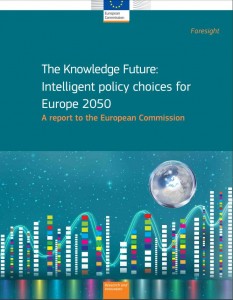
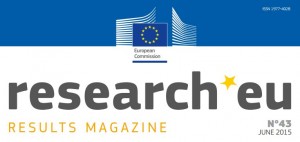






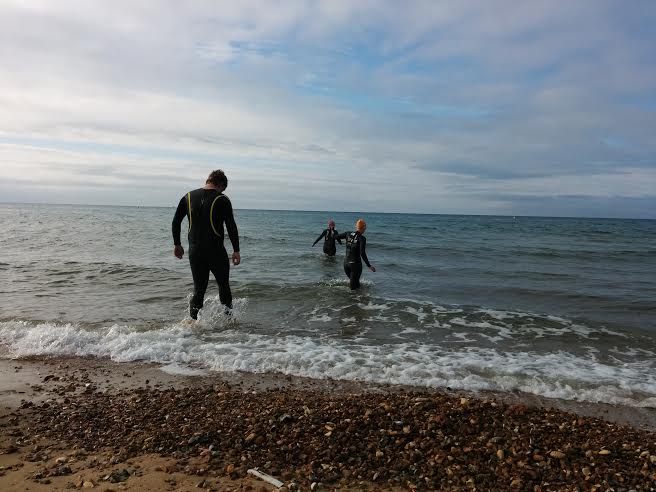
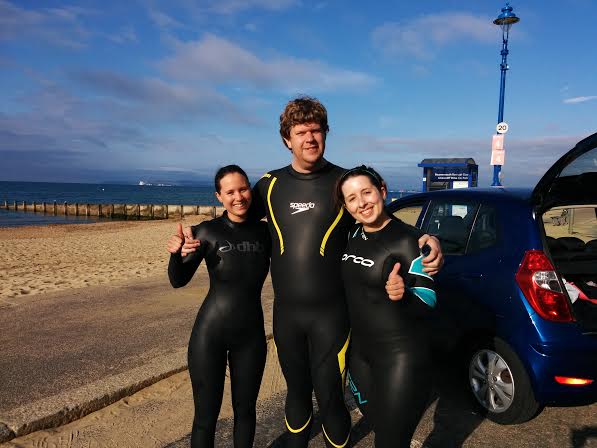

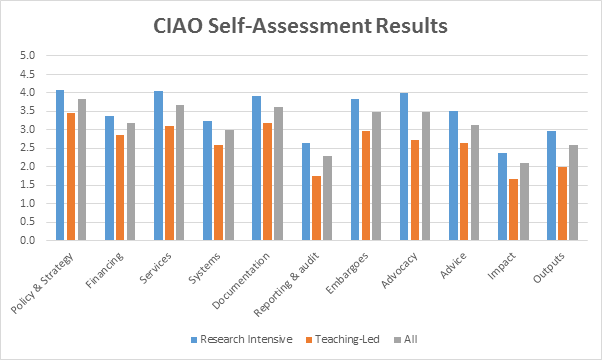














 REF Code of Practice consultation is open!
REF Code of Practice consultation is open! BU Leads AI-Driven Work Package in EU Horizon SUSHEAS Project
BU Leads AI-Driven Work Package in EU Horizon SUSHEAS Project Evidence Synthesis Centre open at Kathmandu University
Evidence Synthesis Centre open at Kathmandu University Expand Your Impact: Collaboration and Networking Workshops for Researchers
Expand Your Impact: Collaboration and Networking Workshops for Researchers ECR Funding Open Call: Research Culture & Community Grant – Apply now
ECR Funding Open Call: Research Culture & Community Grant – Apply now ECR Funding Open Call: Research Culture & Community Grant – Application Deadline Friday 12 December
ECR Funding Open Call: Research Culture & Community Grant – Application Deadline Friday 12 December MSCA Postdoctoral Fellowships 2025 Call
MSCA Postdoctoral Fellowships 2025 Call ERC Advanced Grant 2025 Webinar
ERC Advanced Grant 2025 Webinar Update on UKRO services
Update on UKRO services European research project exploring use of ‘virtual twins’ to better manage metabolic associated fatty liver disease
European research project exploring use of ‘virtual twins’ to better manage metabolic associated fatty liver disease